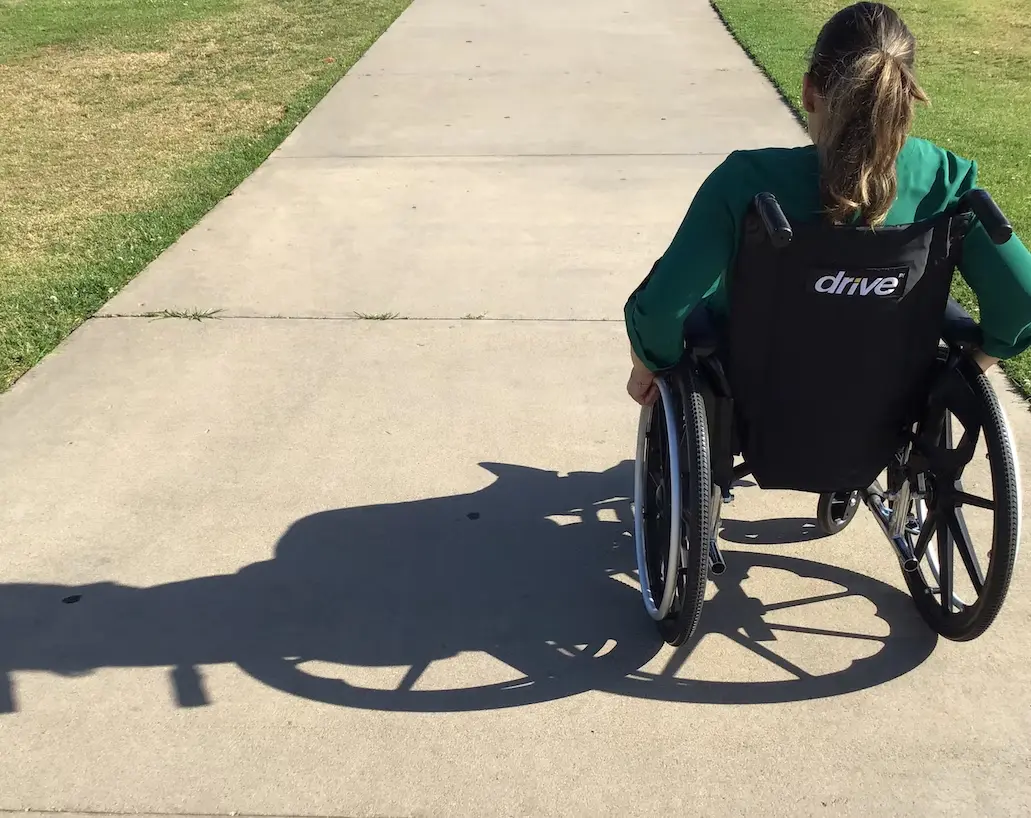Like many US cities, Philadelphia has had its problems when it comes to offering true accessibility to people living with disability. As Time highlights, the city was sued in 2021 due to the state of its sidewalks, many of which prevented people with mobility conditions from moving around and, in the process, may have been unlawful. Despite this, Philly is a progressive city, and has the principles deeply set into it that would prioritize and promote disabled accessibility. Just how far has the city come, and what more is it doing to help society’s most vulnerable?
Leaders in the country
As it happens, it may be that the sidewalk situation is a blip in an otherwise disability-positive outlook for Philly. According to WHYY, the city may soon settle with the ADA over the sidewalk case, with a renewed focus on enabling accessibility, one of the tradeoffs. Aside from the sidewalk issue, Philadelphia has historically done a lot to enable people living with disability to get around. It often features in the top ten list of the most accessible cities in America, alongside the likes of Minneapolis and Pittsburgh. A high quality of life, and access to good quality healthcare, help to bump Philly’s score up, though there are questions over the structure of the city and how that might dovetail with disabled needs and priorities over the next few generations.
Improving the structures
As highlighted by the city, the settlement with the ADA on city curbs will come with some commitments to the actual structure of the streets. These are perhaps the most interesting and most important commitments – as they will change the very makeup of the city, and thrust it into the 21st century when it comes to mobility access. Curb ramps, the repair of existing adaptations, and, crucially, regular monitoring and progress reports, will ensure that the city starts to move itself towards a truly accessible state and that these standards cannot slip over the coming months, years, and indeed decades.
Changing societal attitudes
Accessibility is a crucial step in making a city friendly and safe for people living with disability. What needs to happen beyond that, however, is a culture shift, so that people can start to feel safe and welcome within the city. There is evidence, according to the Inquirer, that this has been shown through the election of Fetterman. Against a backdrop of almost ableist coverage by the wider media, the state nevertheless voted in Fetterman. That said, the Inquirer are of the opinion that the state as a whole needs to do more to support and welcome people living with disability.
Philadelphia can hold its head up high when it comes to including people living with disability. The city has strived to be a welcoming and warm place in which to live and work – regardless of background or medical condition. That said, there is always more that can be done, attitude wise, to improve the situation.

